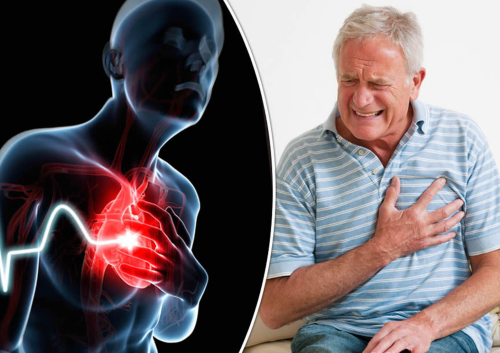
When you’re having a heart attack, your body sends various signals to alert you that something is wrong. It often begins with chest discomfort or pain. This pain can feel like tightness, pressure, squeezing, or a heaviness in the chest, and it might last for more than a few minutes or come and go...CONTINUE READING THE FULL ARTICLES HERE
The discomfort may radiate to other parts of the body, especially the arms, jaw, neck, back, or stomach. For some people, it may feel like an intense ache or a sharp pain, while for others, it may feel more like indigestion or heartburn.
Other common symptoms of a heart attack include shortness of breath, nausea, or lightheadedness. You may feel unusually fatigued, even if you haven’t exerted yourself physically.
Some people also experience cold sweats or dizziness. The body may start to sweat excessively as part of the stress response.
Women, in particular, might notice symptoms like nausea or discomfort in the back or abdomen, which can be less typical than the classic chest pain seen in men.
If you notice any of these symptoms, it’s crucial to seek immediate medical attention, as time is of the essence when it comes to treating a heart attack.
Recognizing these early signs and reacting quickly can make a significant difference in the outcome.
Kindly Follow Our WhatsApp Channel
Disclaimer: This content including advice provides generic information only. It is in no way a substitute for a qualified medical opinion. Always consult a specialist or your own doctor for more information. NEWSHOUR does not claim responsibility for this information.
